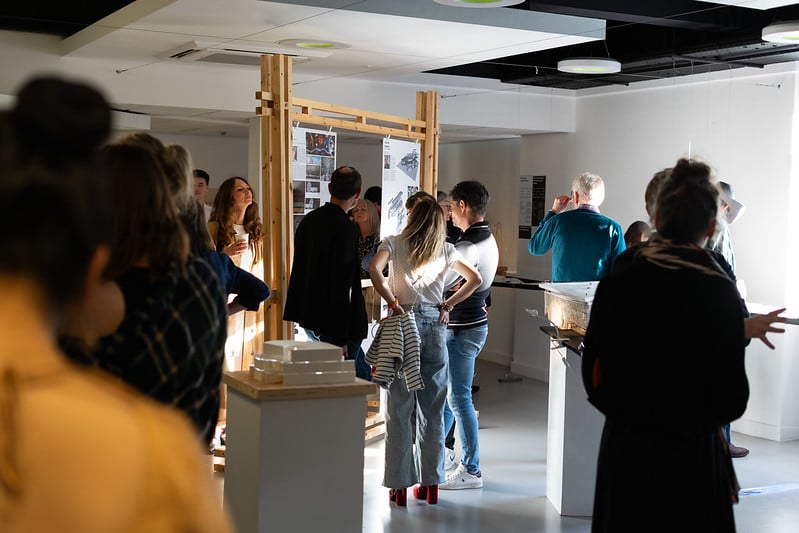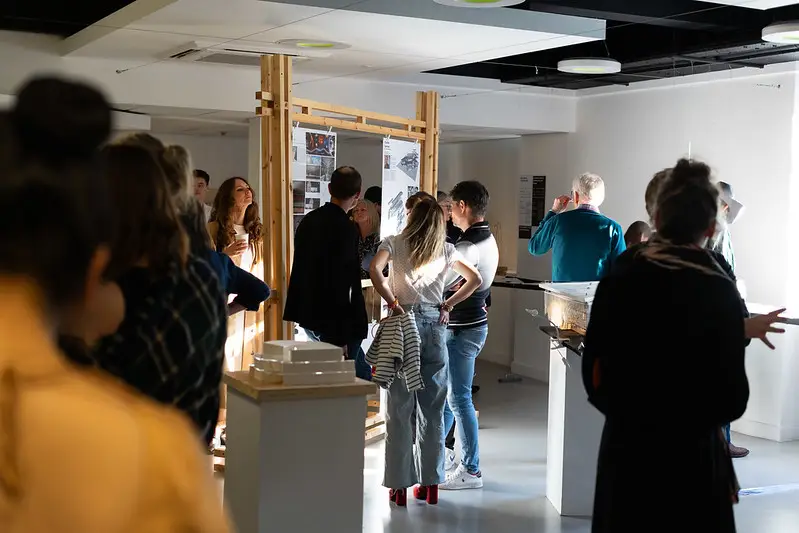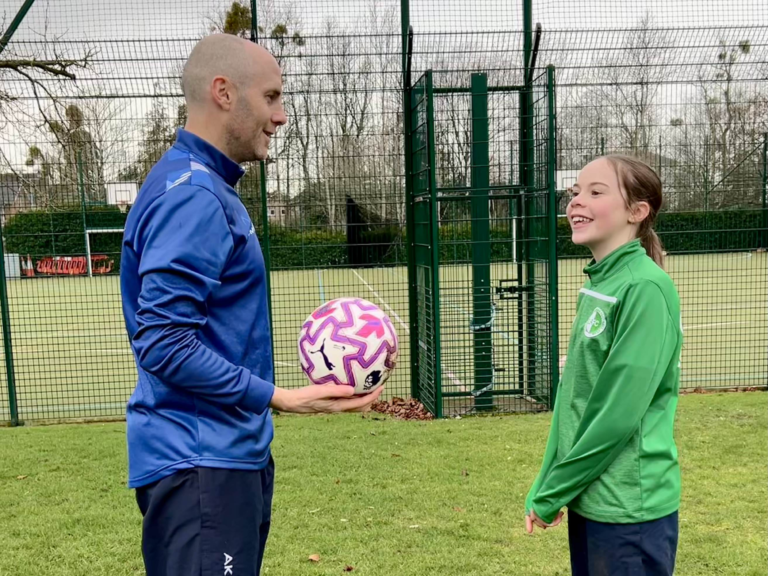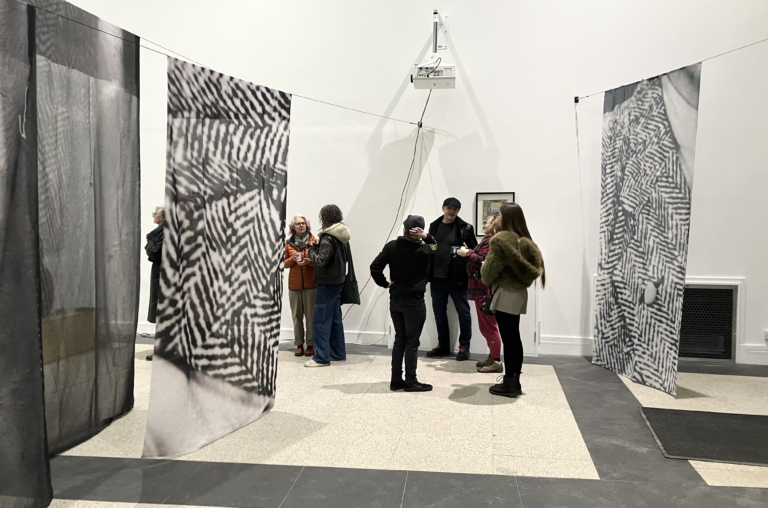The ‘Finding Ivy – a life worthy of life’ exhibition, which honoured the lives of the 13 British-born victims of the Nazis’ war on disabled people, was displayed at the University of Gloucestershire in September.
Between 1940-41, around 70,000 adults deemed to have “lives unworthy of life” due to mental and physical disabilities were killed under a Nazi state-led programme. Styled as mercy deaths, the murderous actions were committed against those living in institutions across Germany and Austria considered to have little to no societal value.
13 of the victims were born in Great Britain, including Ivy Angerer, whom the exhibition is named after. Born in Scotland to German and Austrian immigrants, Ivy lost her life at the age of 29 at the hands of the Nazi’s because she had a learning disability.
The exhibition highlighted the previously untold stories of the 13 British victims through personal testimonies of family members, preserved archive evidence, reports and detailed biographies.
“It was a privilege to host the Finding Ivy exhibition at the University of Gloucestershire. We encouraged students, staff and the wider community to visit before the exhibition concluded on 25 September.
“These thought-provoking stories from the Second World War prompt an important discussion around the treatment of vulnerable members of our community in today’s society.
“The University of Gloucestershire is leading the way in Learning Disability teaching through our highly successful Learning Disability Nursing programme. This nationally recognised exhibition was a significant opportunity for the community to visit Oxstalls Campus – where groundbreaking learning and research in this field is taking place.”
– Dr Graham Parton, Executive Dean for Teaching Innovation and Head of the School of Education, Health and Sciences
The exhibition was featured at Oxstalls Campus, in the Business School Atrium from 15–21 September, and in the Link Corridor (by Reception) from 22–25 September. Open to students, staff and the public, visitors were encouraged to write comments in the Visitor Book after viewing the exhibition.
Notes to Editors:
For more information, please contact the University press office on 01242 714516 or pressoffice@glos.ac.uk
University of Gloucestershire: www.glos.ac.uk
For quick facts about the university visit our About Us page











